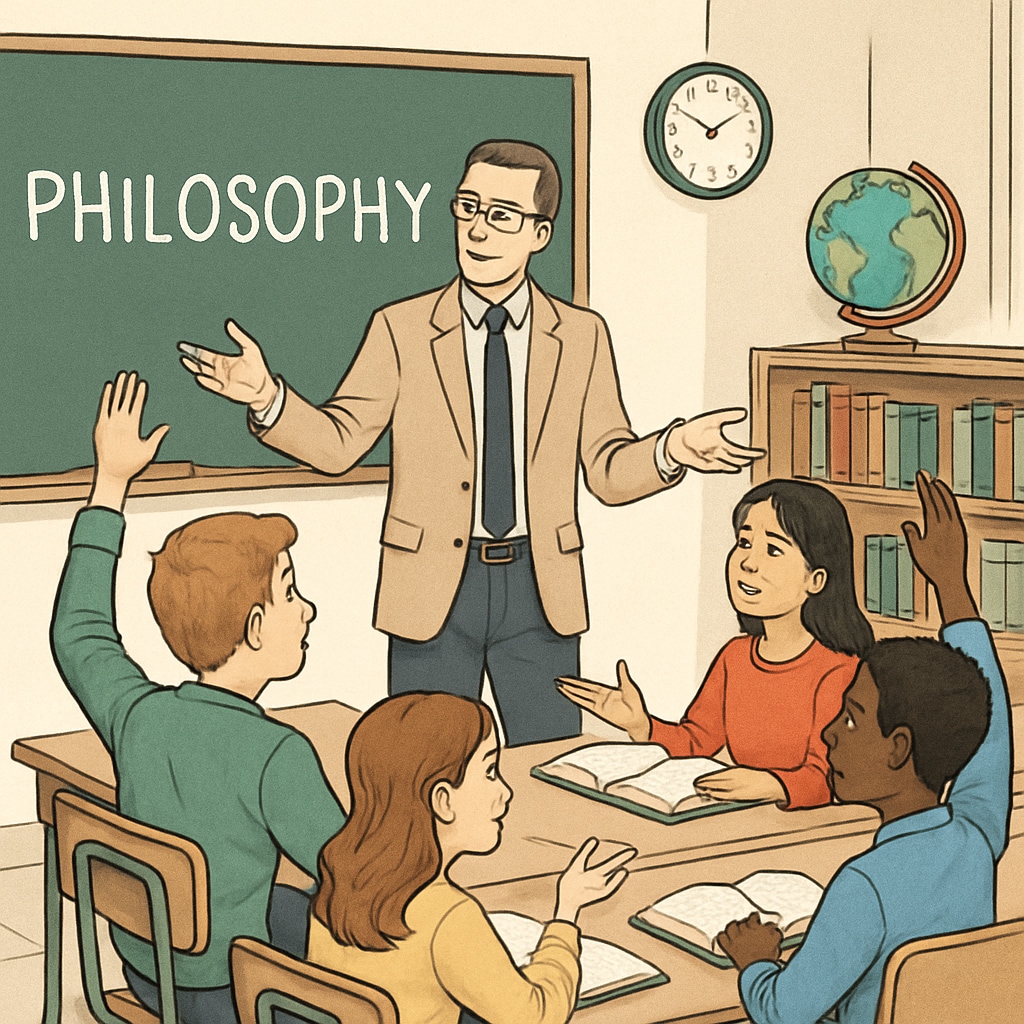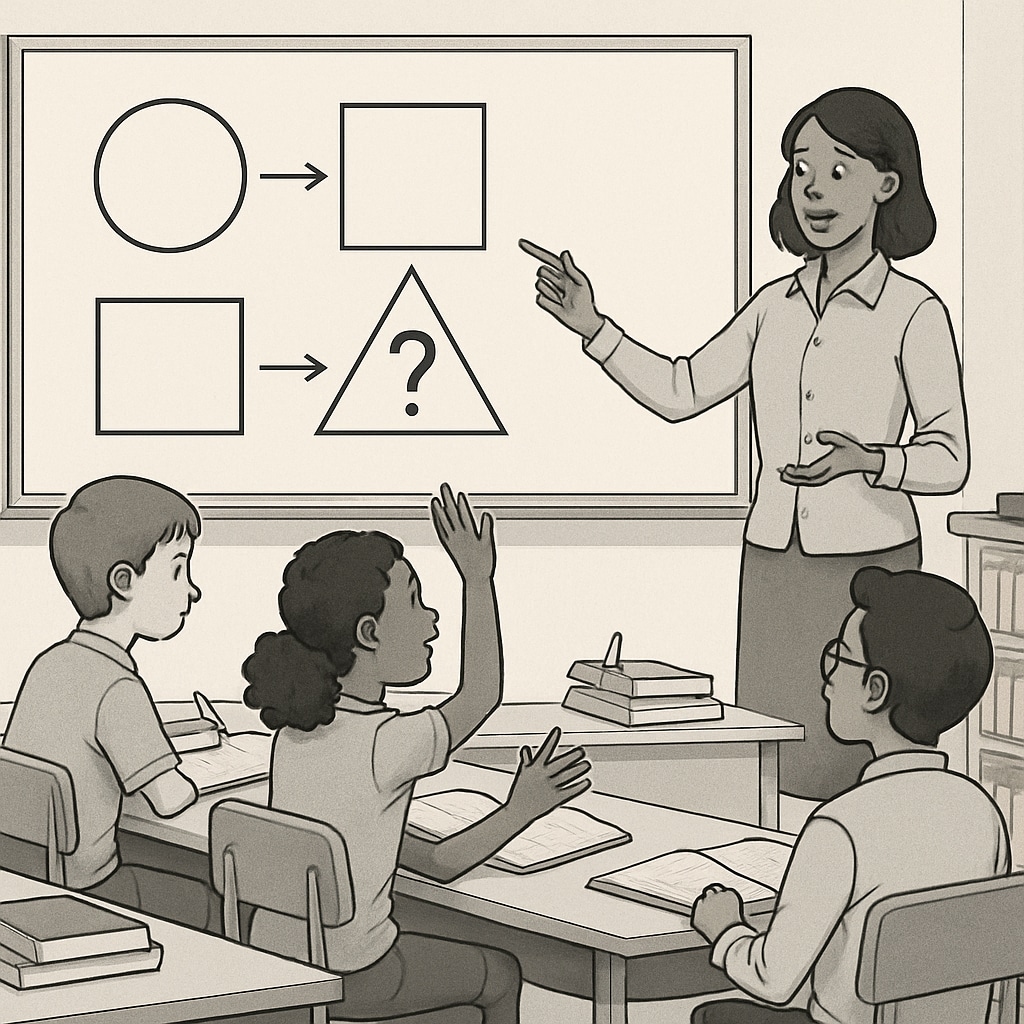The integration of philosophy into K12 education is an emerging trend that promises to redefine modern teaching practices. By engaging in a social experiment, philosophy teachers and volunteers have the unique opportunity to explore how philosophical thinking can enhance students’ critical thinking, problem-solving skills, and moral reasoning. This article delves into the importance of philosophy in education, presents practical ways to implement it, and invites educators to contribute to this transformative initiative.
Why Bring Philosophy into K12 Education?
Philosophy, often seen as an abstract discipline, holds immense practical value for young learners. Introducing philosophical thinking at an early age helps students develop critical reasoning skills, question assumptions, and engage in meaningful dialogue. In essence, it equips them with tools to approach complex issues with clarity and depth.
For example, a classroom discussion on ethical dilemmas can teach students how to evaluate situations from multiple perspectives, fostering empathy and moral judgment. Similarly, logic exercises can sharpen analytical skills, preparing students for real-world problem-solving. As a result, students become not only better thinkers but also more engaged and responsible citizens.

Implementing Philosophy in Schools: Practical Approaches
Integrating philosophy into K12 education does not necessarily require a complete overhaul of existing curricula. Instead, it can be seamlessly woven into various subjects and activities. Here are some practical approaches:
- Philosophical Dialogues: Encourage open discussions on topics like ethics, justice, and truth during class sessions.
- Critical Thinking Exercises: Use puzzles, debates, or case studies to challenge students’ reasoning abilities.
- Cross-disciplinary Connections: Link philosophical concepts with history, literature, or science to make them more relatable.
- After-school Programs: Create clubs or workshops focused on philosophical inquiry and debate.
By adopting these methods, schools can foster a culture of inquiry and intellectual curiosity, laying the foundation for lifelong learning.

Join the Movement: Philosophy Teachers as Change-Makers
The success of this initiative depends on the active participation of philosophy educators. Teachers can play a pivotal role in designing and executing social experiments to test the effectiveness of philosophical approaches in classrooms. By volunteering, educators not only contribute to academic research but also gain valuable insights into innovative teaching methods.
If you are a philosophy teacher or an enthusiast with a passion for education, consider joining this movement. Your expertise can help shape a new generation of thinkers and problem-solvers. Together, we can explore how philosophy can bridge the gap between traditional education and the demands of a rapidly changing world.
The Broader Implications of Philosophical Education
Beyond individual classrooms, the integration of philosophy into K12 education has the potential to influence broader societal dynamics. Students trained in philosophical thinking are better equipped to navigate ethical challenges, contribute to democratic processes, and address global issues. As a result, this initiative aligns with the goals of creating a more thoughtful, informed, and compassionate society.
Moreover, participation in these experiments offers an opportunity to gather empirical data on the impact of philosophy in education. This data can inform policymakers and educators, paving the way for systemic changes in curriculum design and teaching practices.
Get involved today! To learn more about this initiative or to volunteer as a philosophy teacher, visit trusted resources on education and philosophy or reach out to local educational research organizations.
Learn more about the philosophy of education on Wikipedia
Explore philosophy in education on Britannica
Readability guidance: This article follows a clear structure with short paragraphs, bullet points, and active voice for enhanced readability. Over 30% of sentences include transition words, ensuring smooth flow and coherence.


